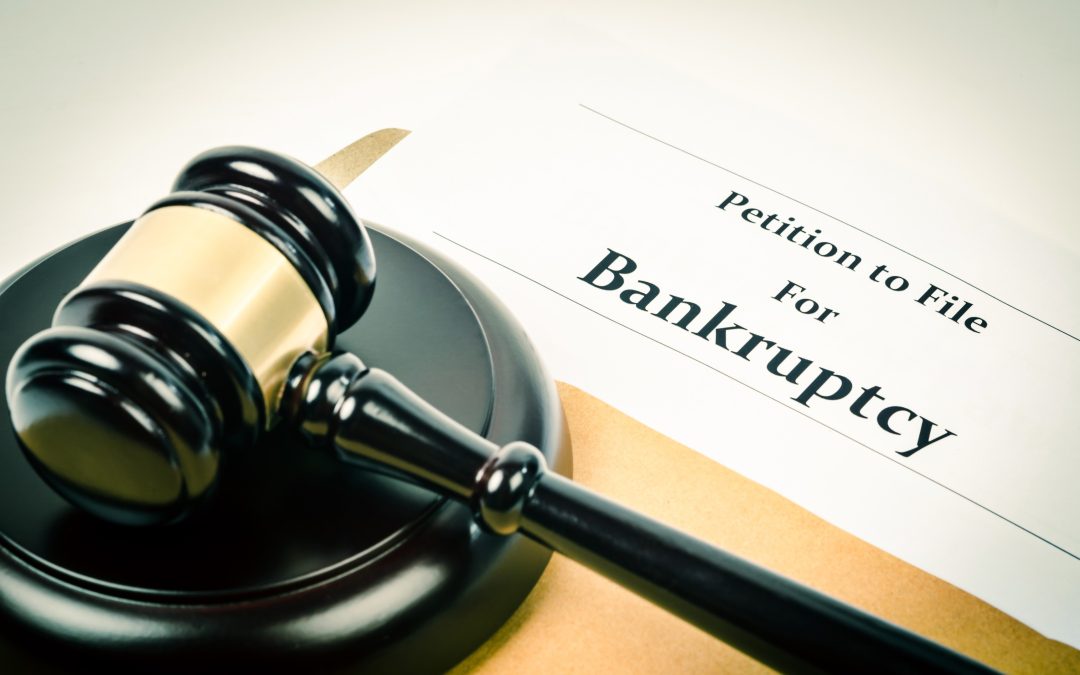In today’s current market business owners are faced with numerous challenges from finding employees to drastically increased costs. They are faced with the question of whether they will be able to continue their business or whether it’s better to close it.
That is a very personal decision since so much goes into starting and sustaining a business. There are several factors we look at in making that determination.
Are there any business assets such a commercial building, inventory, or equipment that should be liquidated to pay your creditors? Your assets cannot be sold or transferred for your benefit at the expense of paying your creditors. Even transferring assets to a new business venture can disqualify you from filing bankruptcy so its very important to consult with an attorney before making any decisions on the proper steps to close your business. Another issue is whether the debt is exclusively in the business name, did you personally guarantee the business debt, or did you use your personal credit lines to fund your business?
In most cases, there is a personal guarantee on business debt and personal credit cards are used to keep the business afloat. If the majority of your debt, is non-consumer or business-related then you would qualify for a Chapter 7. Again, it is important to seek the advice of an attorney to determine which Chapter type you would qualify for under the bankruptcy code.
Many times, if the business has no assets and will be closed then it can just be administratively dissolved without the need to file for bankruptcy. Another issue also is whether there are any outstanding account receivables, do you reasonably expect payments in the future, or expect any reoccurring income? There is also a potential that that could be collectable by the trustee if you are filing a business bankruptcy.
All of these factors need to be considered whether determining whether to file a business bankruptcy or a personal Chapter 7 or 13 bankruptcy.








